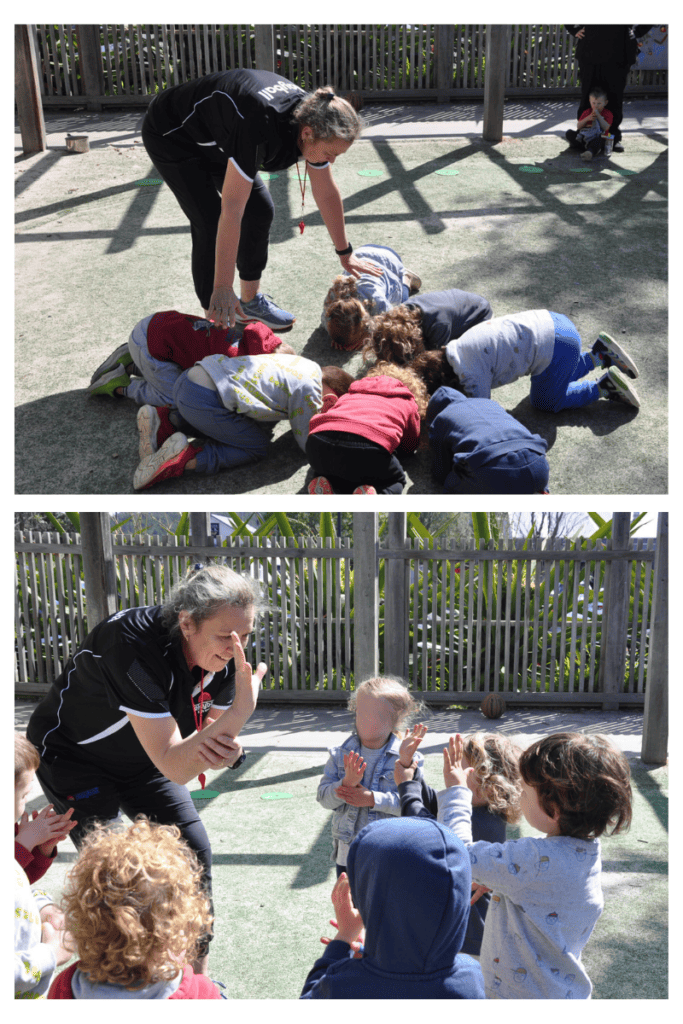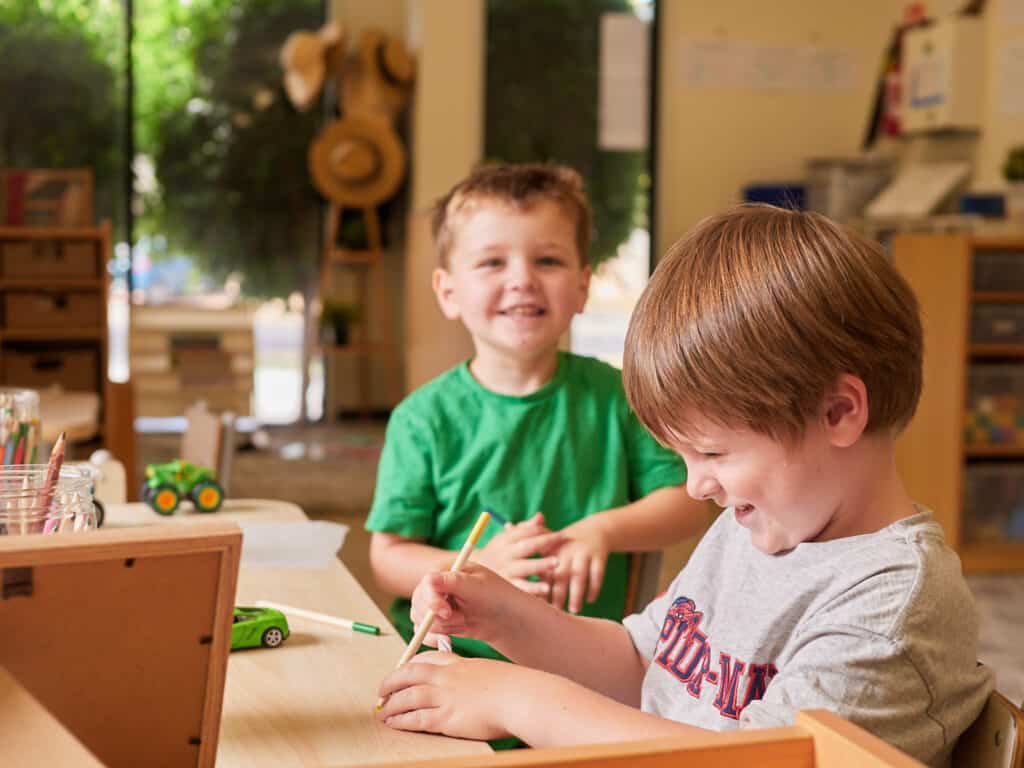Strategies for Supporting Your Child’s Emotional Development in A Childcare and Early Learning Environment.
As parents and caregivers, we inherently understand the importance of nurturing our children’s physical health and intellectual growth.
However, the realm of emotional development is often overlooked despite being a critical aspect of a child’s overall well-being. Understanding and supporting your child’s emotions is not only essential for their current happiness but also lays the foundation for their future success in relationships, schooling, and life in general.
In long-day childcare and kindergarten programs, where children spend a significant portion of their time, fostering emotional intelligence is paramount. Here, we’ll delve into strategies for understanding and supporting your child’s emotional development, ensuring they thrive in these crucial formative years.
The Importance of Emotional Development
Emotional development encompasses a wide range of skills, including recognising and labelling emotions, managing strong feelings, empathising with others, and building healthy relationships. These skills not only impact a child’s social interactions but also influence their ability to concentrate, problem-solve, and most importantly, regulate their behaviour.
In childcare and early learning environments, where children interact with peers and educators, emotional competence becomes even more critical. Children who possess strong emotional intelligence are better equipped to navigate conflicts, communicate their needs effectively, and engage positively with others.
Strategies for Supporting Emotional Development
- Emotion Coaching: Take time to acknowledge and validate your child’s emotions, helping them label and understand what they’re feeling. For example, if your child is upset about leaving you at childcare, you might say, “I can see that you’re feeling sad about saying goodbye. It’s okay to miss me, but remember, I’ll always come back to pick you up.”
- Teach Coping Strategies: Equip your child with healthy coping mechanisms to manage difficult emotions. Breathing exercises, drawing or journaling feelings, and taking a break in a quiet space can all help children regulate their emotions when they feel overwhelmed or upset. Our Bright Minds Sport & Wellbeing program incorporates mindfulness into every session. Try talking your child through the experience of being a flower as a seed in the ground, feeling the sun on their back, feeling the rain on their hair and then growing up into a glorious sunflower. The 2 or 3 minutes taken with this exercise will quiet their mind, focusing on one sensation and thought at a time.

3. Model Healthy Expression: Children learn by example, so demonstrate constructive ways of expressing and managing your own emotions. Share with them how you handle stress or frustration in positive ways, such as taking a walk or talking about your feelings with a trusted friend.
4.Encourage Empathy: Help your child understand the feelings of others by discussing different perspectives and emotions. Reading books, watching movies, or engaging in role-playing activities that highlight empathy and kindness can foster compassion and understanding in children.
Be Kind by Pat Miller and Jen Hill along with The Big Umbrella by Amy and Juniper Bates are wonderful picture books that explore kindness and empathy.
At Little Grasshoppers, our imaginative play areas allow the environment to act out interactions in a safe space, with our educators ready to guide and answer questions when conflict arise. The simple role-plays of having a picnic, playing superhero or running a shop can allow children to work through group decision making, taking turns and listening to others point of views.
5. Promote Positive Relationships: Create opportunities for your child to build friendships and connect with others in their childcare or early learning environment. Strong, supportive relationships with peers and educators provide a sense of security and belonging, which is crucial for emotional development. Speak to your educator and find out the names of the friends your child is playing with. Ask about them… Do they like sport? Do they have any siblings? What is their favourite game to play together? Your questions will coach your child with ideas for conversation when they next meet, thus nurturing a deeper connection and lifelong social skills.

Integrating Emotional Learning into Kinder Programs and Early Learning
At Little Grasshoppers, we understand that children learn from their experiences and interactions with their educators. We understand the important role we play in children’s development and so place utmost importance on nurturing children’s emotional development. By incorporating emotional learning activities into our curriculum, our Little Grasshoppers educators can create a supportive environment where children feel valued, understood, and empowered.
Here are some ways our programs from Discovery Bubs through to Kinder prioritise emotional development:
- Implementing daily routines that provide stability and predictability, reducing anxiety and stress.
- Designing activities that encourage emotional expression through art, music, and storytelling.
- Teaching conflict resolution skills and fostering a culture of respect and empathy in your child’s room and the Centre as a whole.
- Providing individualised support for children who may struggle with regulating their emotions or coping with transitions.
Conclusion
Understanding and supporting your child’s emotional development is a continuous journey that requires patience, empathy, and active engagement. By implementing these strategies both at home and in our childcare Centres, you can lay a strong foundation for your child’s emotional intelligence, setting them on a path toward lifelong well-being and success.
Remember, every child is unique, so be flexible and responsive to their individual needs as you guide them through their emotional growth journey. Together, we can create nurturing environments where children flourish emotionally, academically, and socially.
